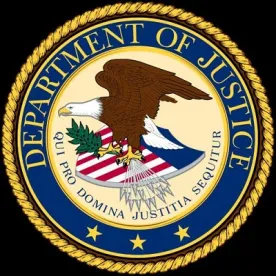A new strike force of federal and state investigators is targeting antitrust violations in government procurement. The strike force consists of investigators from a variety of agencies who will receive special training in detecting and prosecuting antitrust agreements. The strike force seeks to increase both criminal and civil enforcement actions.
Expanded Enforcement
The Department of Justice (DOJ) announced the new force, called the Procurement Collusion Strike Force (PCSF) and described its scope. Agents from the FBI will join with the U.S. Postal Inspectors, and partner with Offices of Inspectors General, such as the Department of Defense and the General Services Administration. In addition to attorneys from the DOJ Antitrust Division, 13 U.S. Attorney’s Offices will join the effort. These offices cover California, Colorado, the District of Columbia, Florida, Georgia, Illinois, Michigan, New York, Ohio, Pennsylvania, Texas, and Virginia. But PCSF has a nationwide mandate, and it has no limit to the kind of government contracts it may investigate.
The PCSF is part of DOJ’s focus to reverse a downturn in antitrust prosecutions and collections in recent years.
Website and Training
Going beyond announcing PCSF, DOJ provides a website to assist the strike force in its investigations. Included among the training materials is a video that identifies red flags indicating antitrust violations such as:
-
Patterns of rotating winners;
-
Lack of competition or complaint by alternate vendors;
-
Multiple bids that appear to be created similarly.
The video further explains that no intent to defraud is necessary for a violation. Neither is it necessary that the antitrust plan be successful.
The website also provides a portal for reporting possible antitrust activity.
Corporate Response
Of course, the best corporate response to this heightened level of scrutiny is robust compliance. Our prior post discussed changes to the antitrust leniency policy that took effect earlier this year. These changes allow prosecutors to take into account the quality of a company’s compliance program at the charging and sentencing stages.
If a problem has occurred, a company or an individual should consider taking advantage of the antitrust Corporate Leniency Program or the Individual Leniency Program that encourage prompt reporting in exchange for non-prosecution. The policies encourage prompt reporting because only the first entity or person “in the door” gets the maximum benefit.





 />i
/>i

